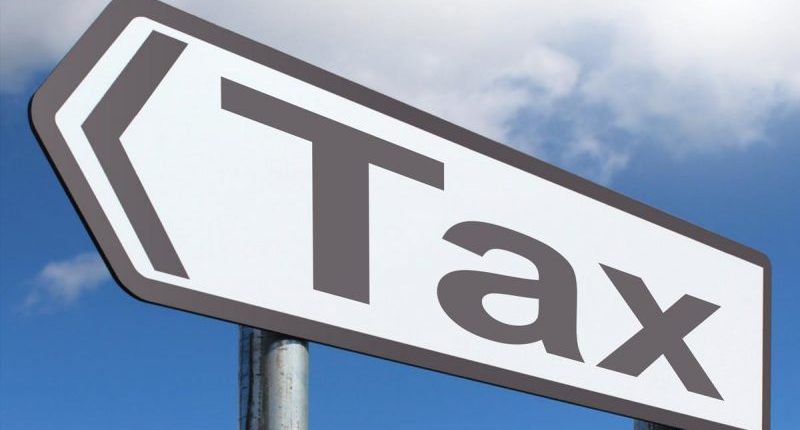The due date to file ITR for the F.Y. 2020-21 for individuals not covered under audit ended on 31st December 2021.
Individuals who missed filing their return by this due date can still file the returns provided they will be levied a late filing penalty. Individuals filing Income Tax Return (ITR) after the due date with net taxable income exceeding Rs.5 lakh will have to pay a penalty of Rs. 5,000. Whereas the penalty is Rs 1,000 for those having taxable income below Rs.5 lakh.
However, some individuals can file their ITR without any late fees even after the due date is passed. Let’s see who they are?
According to the Income Tax Act, individuals with total gross income below the basic exemption limit do not have to pay a late fee penalty if they file their return after the due date.
The basic exemption threshold is different for the different age groups of taxpayers. Also, the tax rate applied depends on the tax regime chosen by the taxpayer while filing their return. Under the new tax regime, the basic exemption threshold is Rs.2.5 lakh for all age groups; however, no common deductions and exemptions are allowed.
In the old income tax regime, the basic exemption limit depends on age. Under the old regime, the basic exemption limit for residents under 60 years was Rs 2.5 lakh, Rs.3 lakh between 60 to 80 years of age and Rs.5 lakh for individuals above 80 years.
Additionally, there are some conditions under which the individuals are mandatorily required to file ITR even if their taxable income is below the basic exemption limit:
According to the seventh proviso of Section 139(1), individuals must file ITR even if their income is below this basic exemption limit if these conditions are met:
- Individuals who have deposited an aggregate amount of Rs.1 crore or more in all accounts held with any bank or co-operative bank.
- Individuals who have spent an amount exceeding Rs.2 lakh for themselves or any other person for travel to any foreign country.
- Individuals who have spent an amount exceeding Rs. 1 lakh for electricity consumption.
- Individuals holding any foreign assets like foreign company stocks or any beneficial interest in any foreign asset.
To simplify, you must file the return before the due date without a penalty if you own any foreign asset. In such a case, if you file your ITR after the due date, then even if your income is below the basic exemption limit, you will be levied a late filing penalty.
For any clarifications/feedback on the topic, please contact the writer at jyoti.arora@cleartax.in

I am a Chartered Accountant by profession with 4+ years of experience in the finance domain. I consider myself as someone who yearns to explore the world through travelling & Reading. I believe, the knowledge & wisdom that reading gives has helped me shape my perspective towards life, career and relationships. I enjoy meeting new people & learning about their lives & backgrounds. My mantra is to find inspiration from everyday life & thrive to be better each day.





